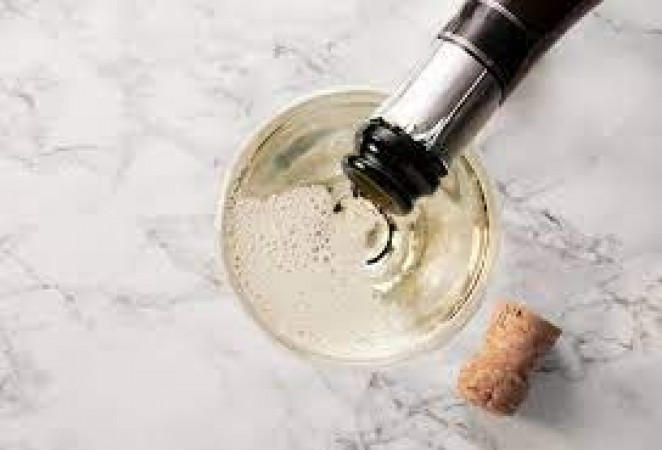
Glass utensils, with their transparent allure, bring a touch of sophistication to our kitchens. However, the persistent presence of stains can diminish their elegance. Fear not! We're here with a comprehensive guide to ensure your glassware remains spotlessly clean and gleaming.
Stains on glassware have adversaries, and it's essential to identify them. Hard water deposits, greasy residues, and other culprits can stealthily diminish the radiance of your glass utensils.
Hard water stains are notorious for their ability to cling to glass surfaces. The mineral deposits left behind during evaporation can create unsightly marks. Understanding the science behind hard water stains is the first step toward effective removal.
Cooking and meal preparation often leave behind greasy residues on glassware. These residues not only dull the shine but can also attract other particles, compounding the cleaning challenge.
To combat glass stains effectively, you need the right arsenal. Arm yourself with quality cleaning tools and products tailored for glassware.
White vinegar, a kitchen staple, possesses remarkable cleaning properties. Its acidic nature makes it an effective agent against hard water stains. Mixing white vinegar with water creates a powerful solution for breaking down mineral deposits.
Baking soda, a versatile ingredient, is a powerful ally in the fight against stains. Its gentle abrasive nature allows for effective scrubbing without causing damage to the glass surface. Creating a paste with baking soda and water forms a potent cleaner.
Lemons, with their natural acidity, can be harnessed for stain removal. The citric acid in lemons not only cuts through stains but also leaves behind a fresh, invigorating scent. Lemon juice can be used alone or combined with other ingredients for enhanced cleaning.
Surprisingly, toothpaste isn't just for dental care. Its mild abrasive nature makes it suitable for cleaning glass surfaces. Applying toothpaste to stains and gently scrubbing can yield impressive results.
Embark on the journey of restoring your glassware to its original brilliance. A systematic approach involves a sequence of steps to ensure a thorough cleaning process.
Soaking glass utensils is a crucial step in loosening stubborn stains. Submerging them in a solution of vinegar or a mixture of baking soda and water allows the cleaning agents to penetrate and break down deposits effectively.
When it comes to scrubbing, a delicate touch is paramount. Use soft brushes or non-abrasive sponges to prevent scratching the glass surface. Applying gentle pressure while scrubbing ensures effective stain removal without compromising the integrity of the glass.
Preventing stains is as important as removing them. Consider using water softeners to reduce the impact of hard water on your glassware. Additionally, promptly addressing spills and residues can prevent stains from setting in.
Incorporate simple yet effective maintenance rituals into your routine. Regularly rinse glass utensils after use to prevent residues from drying and hardening. Periodic deep cleaning sessions using the strategies mentioned earlier can ensure lasting cleanliness.
As you witness your glass utensils transformed into gleaming treasures, take a moment to savor the satisfaction of a cleaning job well done. Revel in the brilliance and clarity of your spotless glassware.
Bid farewell to the frustrations of stained glassware and raise a metaphorical toast to the elegance of spotlessly clean utensils. With the right knowledge, tools, and a bit of effort, maintaining the pristine beauty of your glassware becomes an achievable feat. In conclusion, the journey to stain-free glass utensils is a combination of understanding, strategic cleaning, and proactive prevention. So, roll up your sleeves, follow these tips, and let your glassware shine brilliantly!
You can also look stylish by making such hairstyle
Want to get a suit tailored for Basant Panchami? Take design and color ideas from here
If you don't like wearing heels then include this type of footwear in your collection